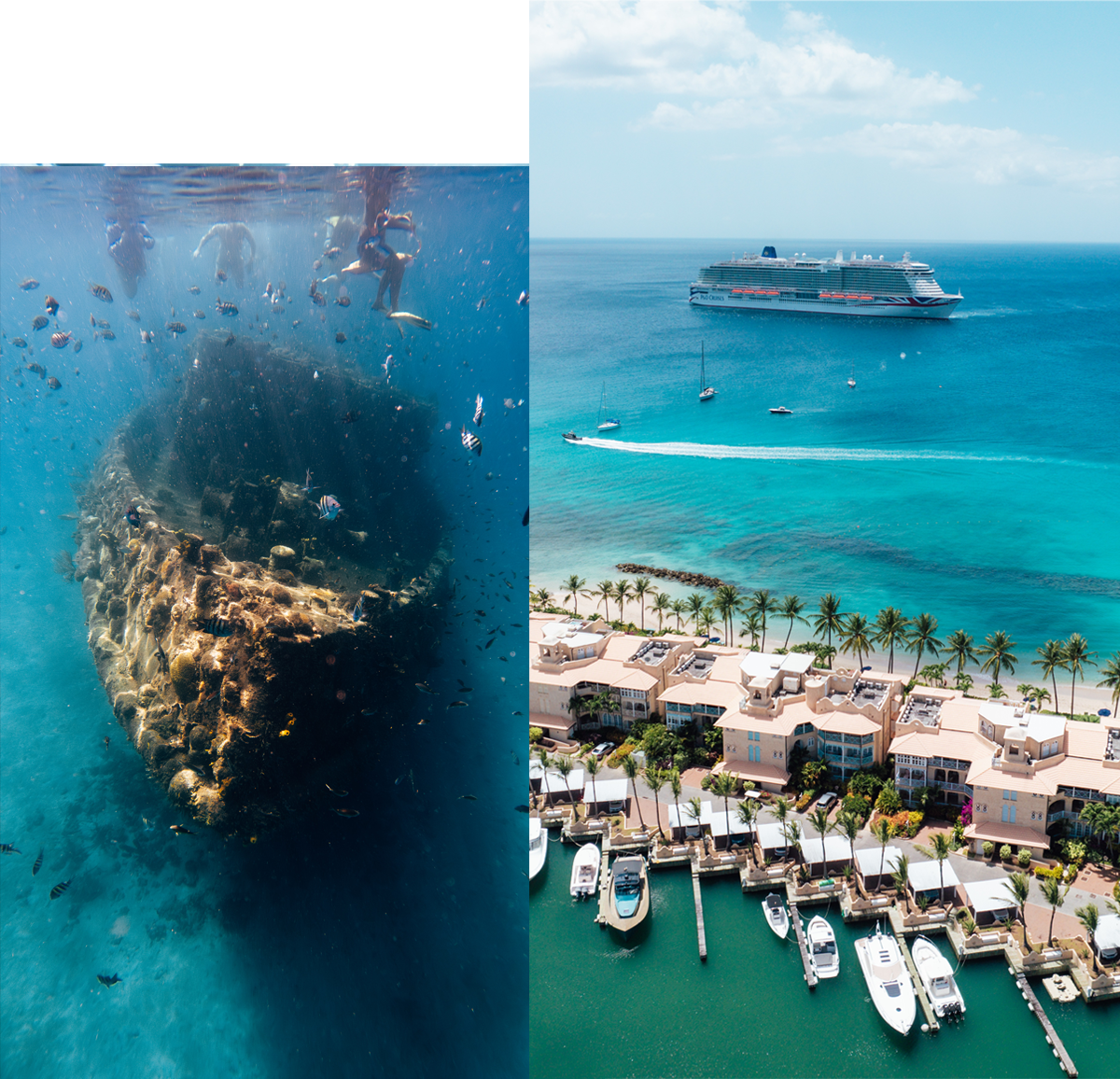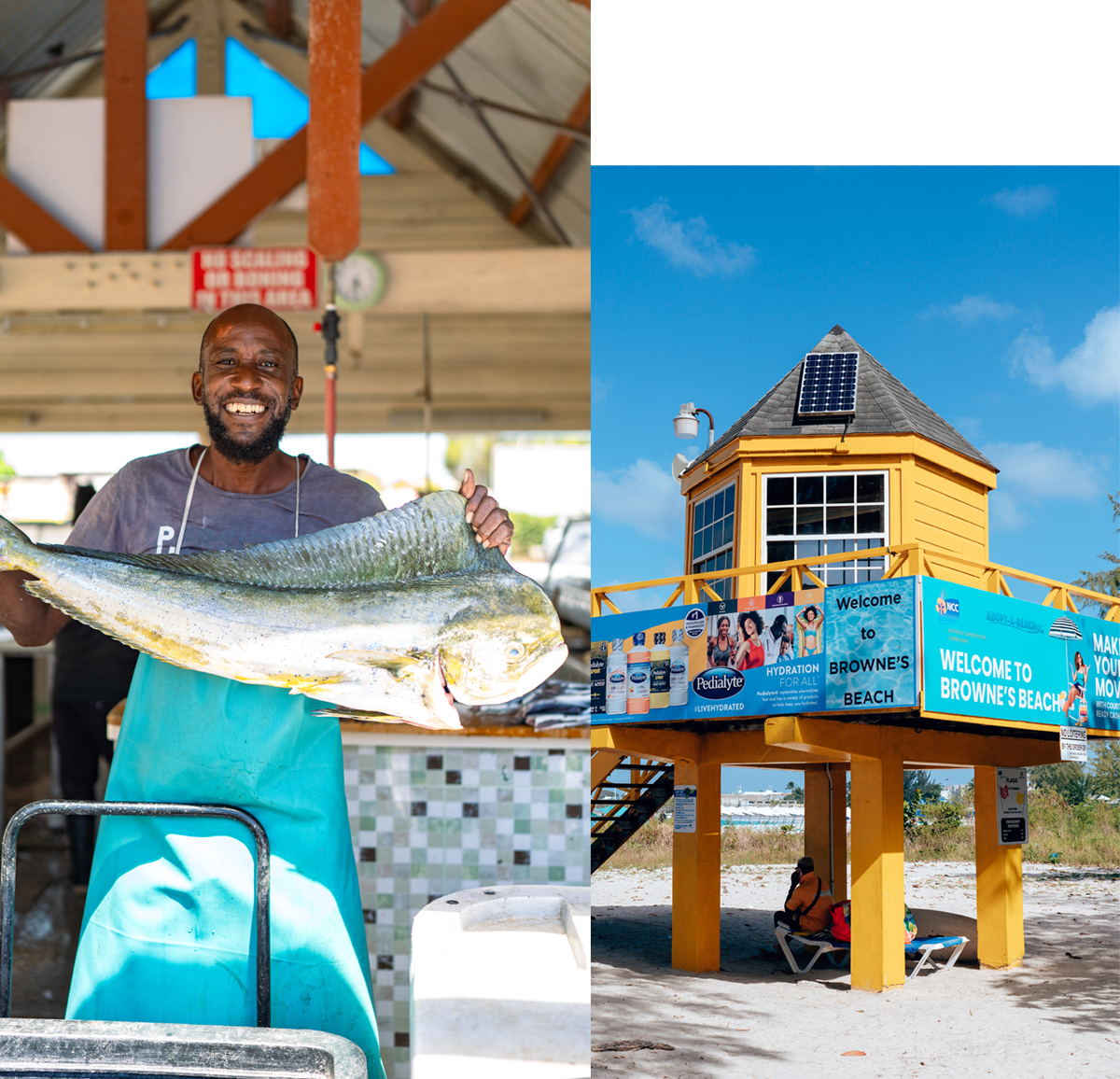What exactly is Marine Spatial Planning (MSP)?
It is an inter-sectoral and participatory process, bringing stakeholders together to plan for the sustainable use of our ocean by seeking to balance ecological, economic, and social objectives. Put simply, it is like land planning activities, but focusing on the ocean.
Why a Marine Spatial Plan?
Many of us use the ocean in many ways, and often within the same space. It is not feasible for all ocean activities to occur at the same time and in the same place without conflict and undue pressure to marine life. This process can help us to articulate a collective vision for our marine space and to develop a plan to realize that vision.
The marine spatial plan is also a commitment under the Debt for Nature Transaction the Government of Barbados signed in 2022 with the InterAmerican Development Bank and The Nature Conservancy.
Who is the Marine Spatial Plan for?
The marine spatial planning process is for all Barbadians. Our goal is to undertake this journey for Barbados, by Barbadians, through an inclusive and consultative process. Every voice matters, and every voice will be considered. If you fall under any of these categories, or you use the ocean and beaches for any of the following, we’d love to hear from you!



